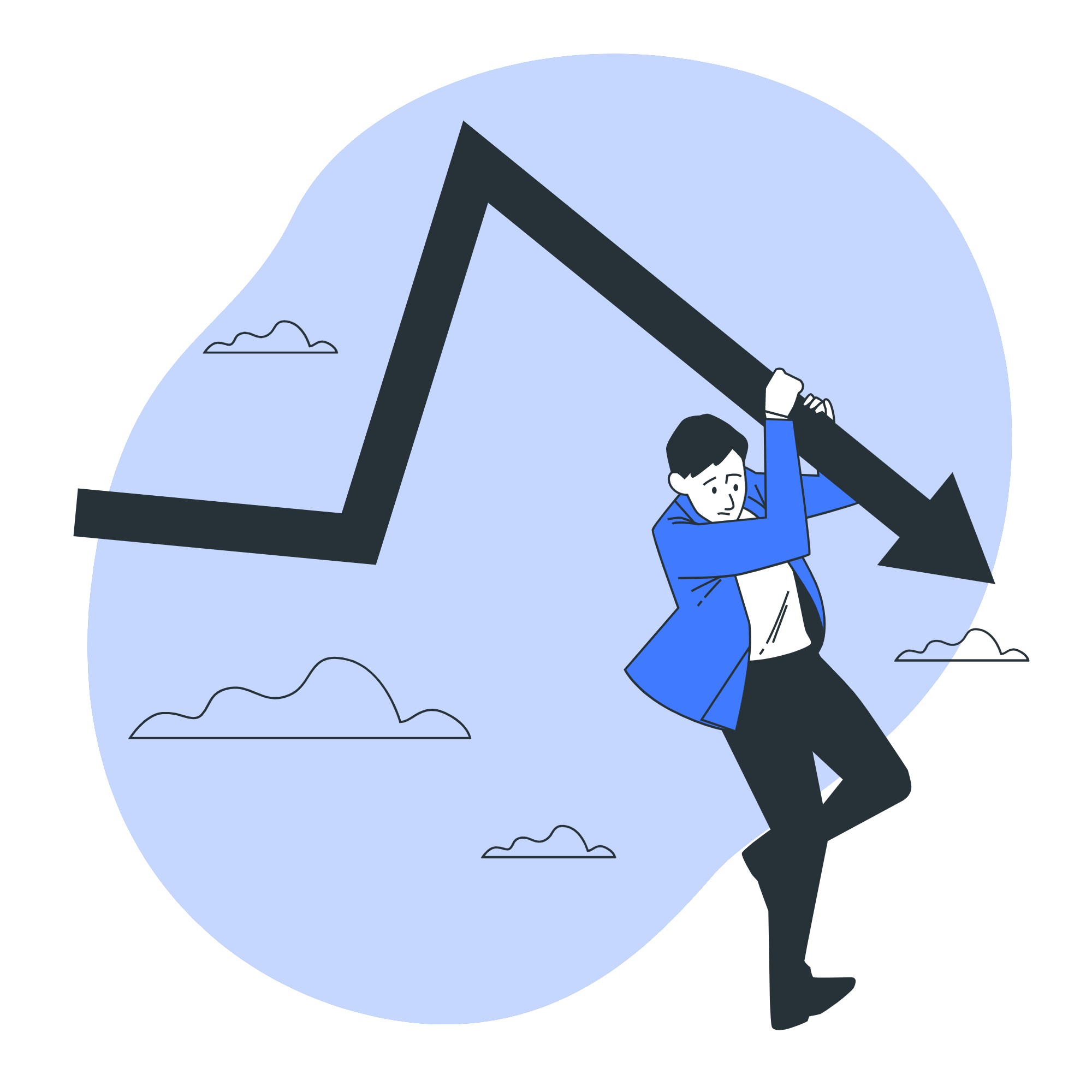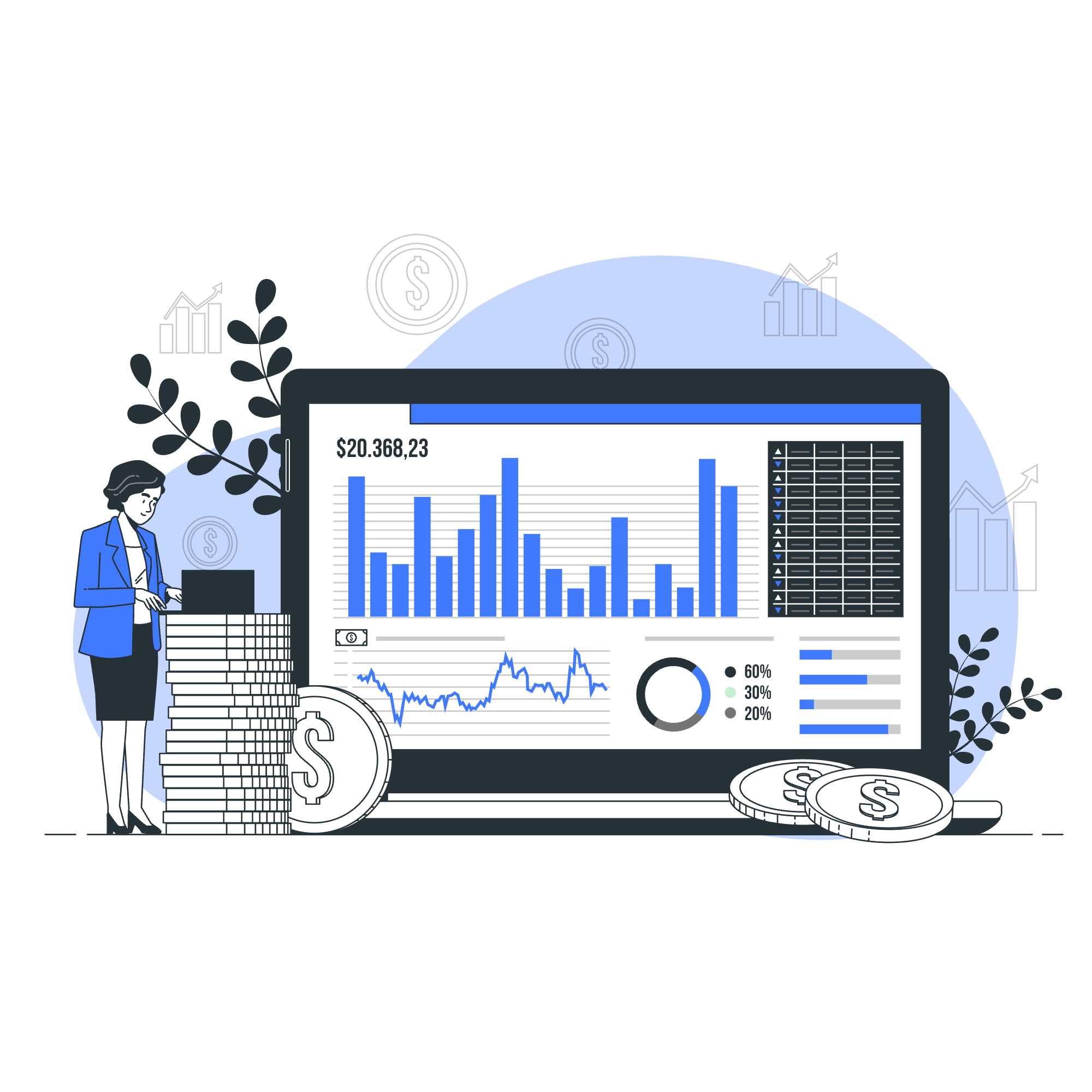Rate & The Economy Resources!
Making well educated decions in a matter of minutes and stay up to date on the latest news Mortgage Daily has to offer. Read our latest articles to stay up to date on what’s going on…

Looking For Something Else?
What do you want to know? We are always adding new free & exciting resources for you to use!

Stay Up To Date with Today’s Latest Rates
Mortgage
Today’s rates starting at
Home Refinance
Today’s rates starting at
Home Equity
Today’s rates starting at
HELOC
Today’s rates starting at











